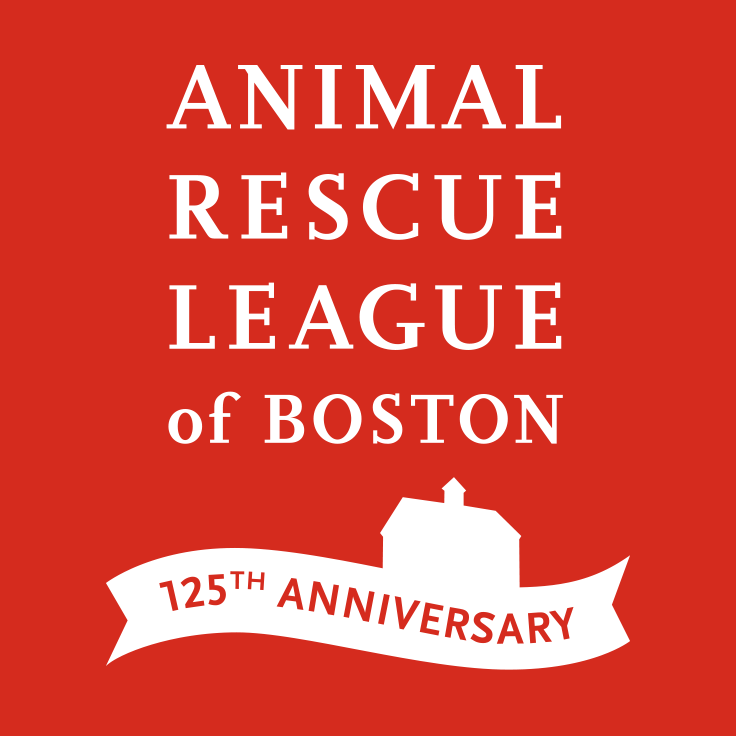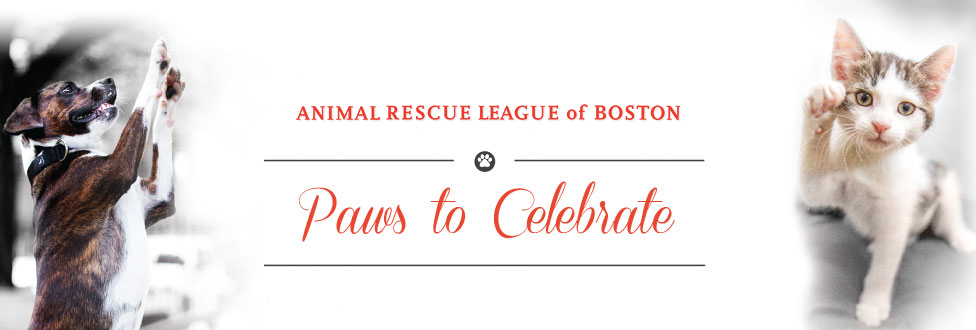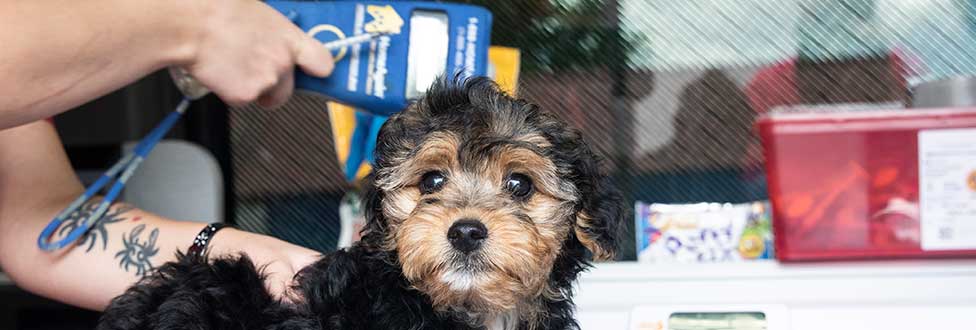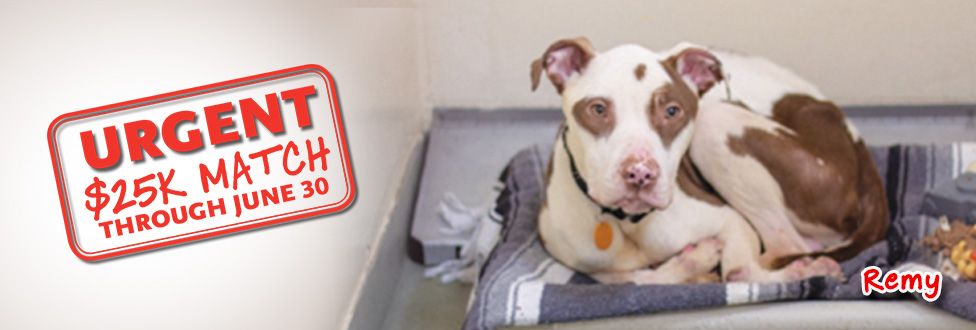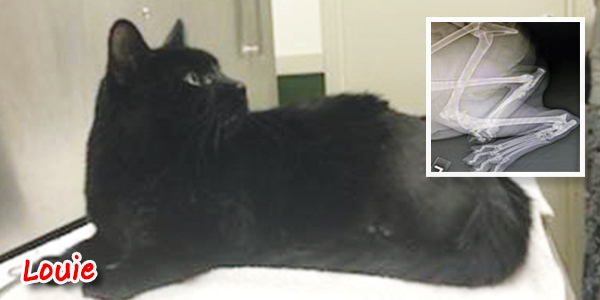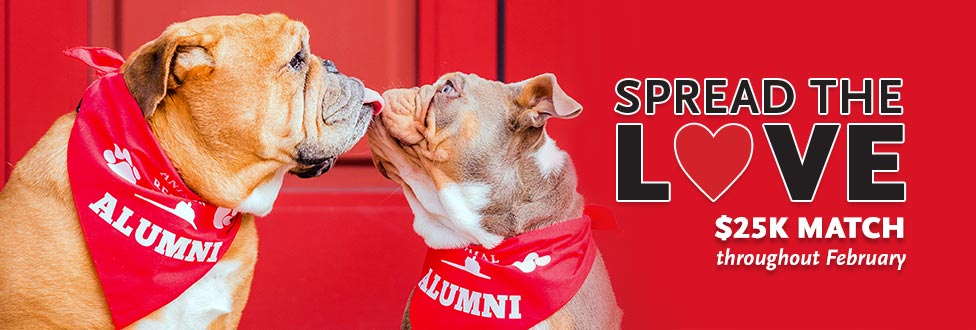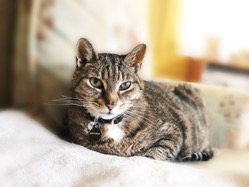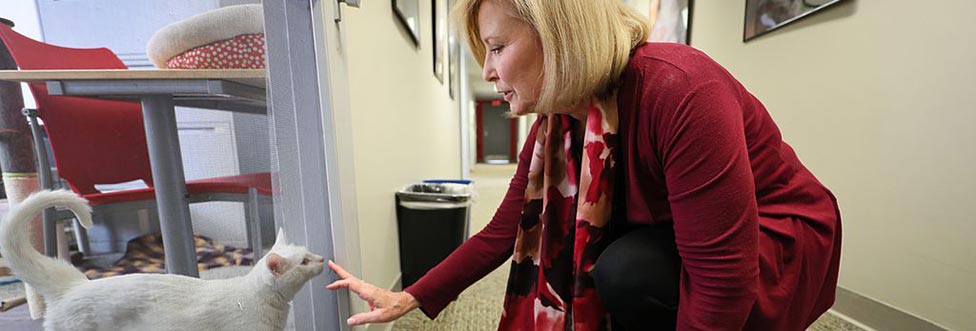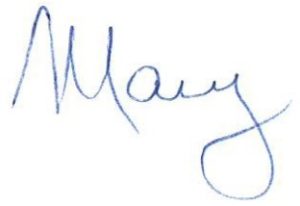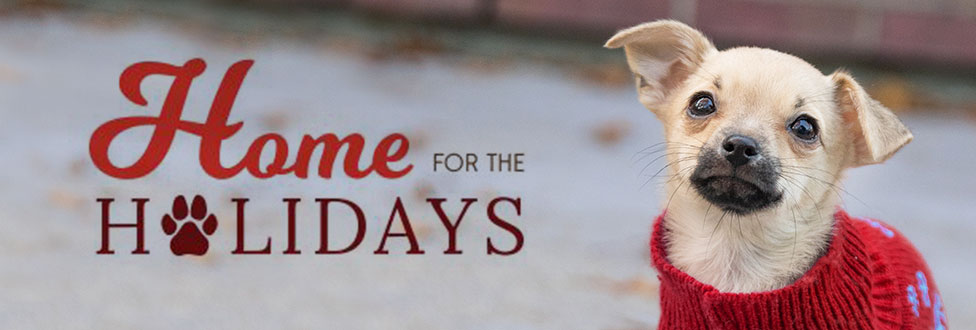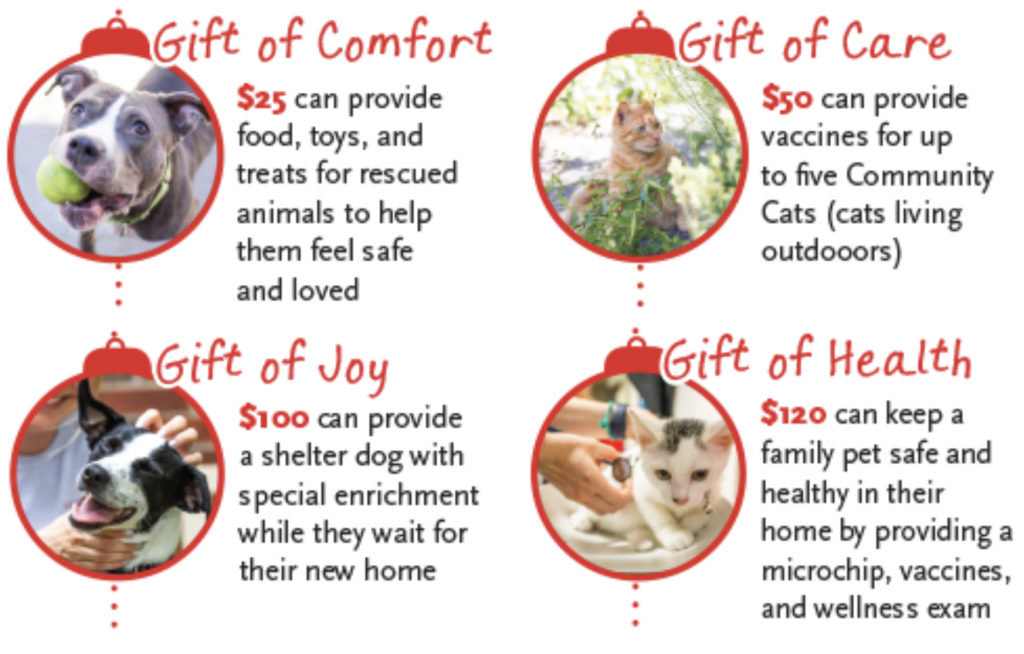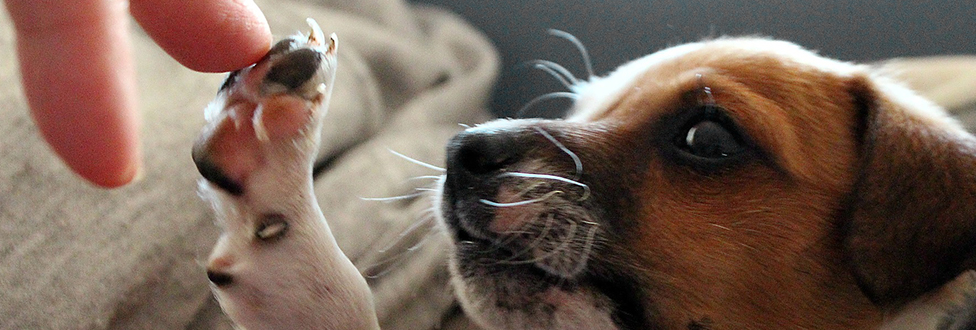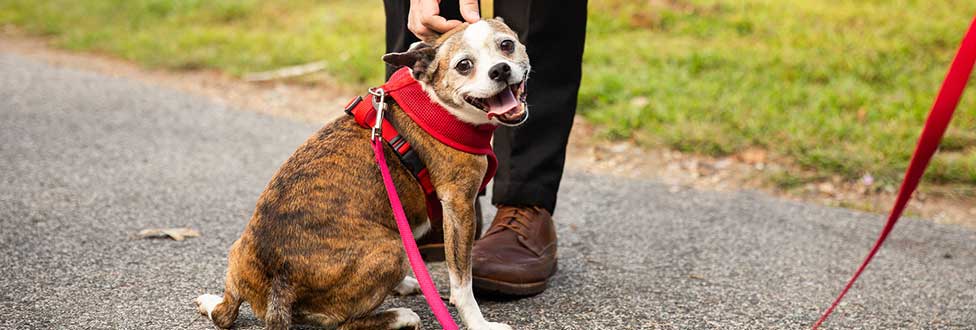Thank you to our Paws to Celebrate event sponsors
On October 7, 2020, the Animal Rescue League of Boston (ARL) hosted the 3rd annual Paws to Celebrate event to honor the organization’s supporters and highlight the remarkable impact of their generosity during this year of uncertainty.
This year’s event was hosted virtually, though it did not diminish the purpose nor the success of the event: thanks in large part to dedicated corporate and individual sponsorships, the event raised more than $83,500 in funds that will benefit animals in need and the people who love them.
ARL graciously recognizes the 2020 Paws to Celebrate sponsors and event committee, listed below, for their shared passion for animals in need. Together with ARL’s donors, their generosity will ensure that the animals that ARL serves will continue to receive the loving care they deserve.
Thank you to our generous sponsors
Leader of the Pack

Best in Show
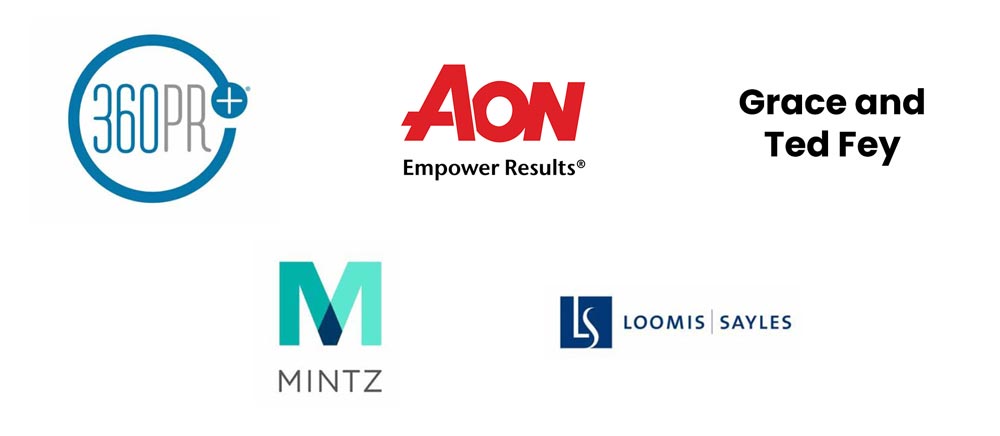
Top Dog

Top Cat

Animal Advocate
Alison Erbig and William Goldberg
Dedham Savings
Deloitte.
The McCreary Family
Wade Gulbransen
and to the event committee:
Mary Bainbridge, Beth Baker, Kristin Casey, David Cawley, Richard Davey, Alison Erbig, Richard Kelly, Walter Kenyon, Cynthia Kettyle, Elena Kirkiles, Constance Lacaillade, Anne-Marie Litchfield, Patti Lotane, Mark & Mikki Manganaro, Christina Nagler, Tara Oliver, Alisa Plazonja, Christopher Primiano, Heather & Park Ridill, Kim Roderiques, José Rodriguez-Villalobos, and Laura Tomasetti
